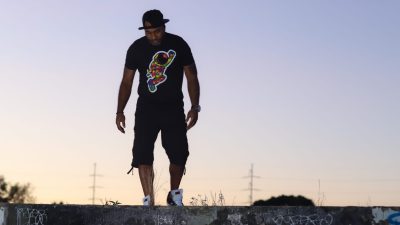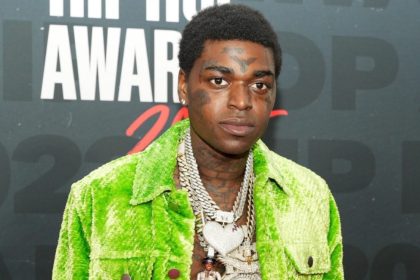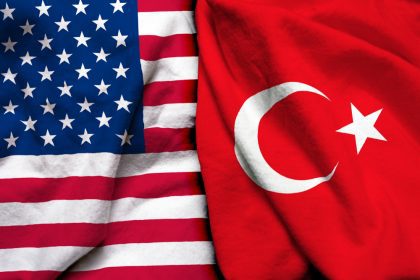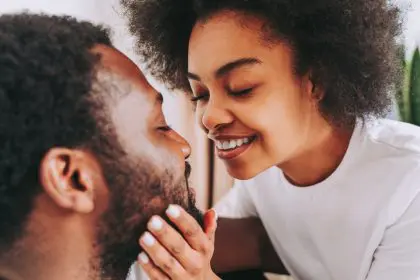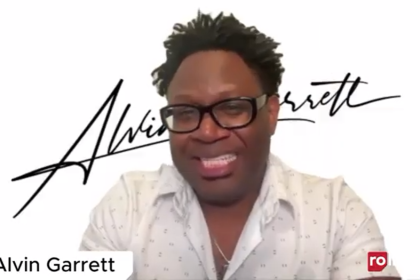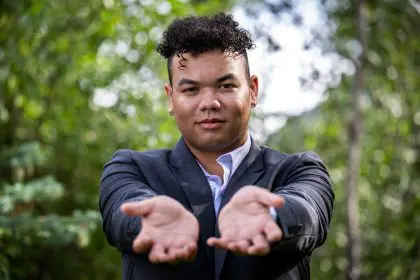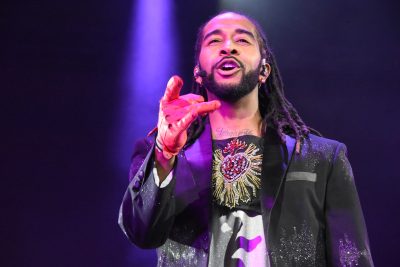
David Banner has been utilizing his creativity in a myriad of exciting ways. Having found success as a rapper and one of the most in-demand hip-hop producers of the 2000s, Banner branched out with his company, A Banner Vision, and expanded into the advertising sphere. After his work with Gatorade put A Banner Vision on the map, the Mississippi native landed a contract with the 2014 World Cup. Banner spoke to rolling out about A Banner Vision and how he recognized early on that the key to success was to exceed expectations.
“They think we’re going to be late. There are so many talented artists in this world but the difference is your ability to produce on time —to be able to adhere to deadlines,” Banner explains. “So I started turning in music early. If there was a two-week deadline, I’d turn in better music [than they expected] in a week’s time.”
After a while, the musician realized that with stronger music in these advertising endeavors, there was potential to reach a wider audience than just those that directly consume the products in the ads.
“So I said ‘What if I do what they used to do in classic commercials but bring a young, slightly aggressive twist to it?'” he says. “Just from an urban perspective, I wanted to do stuff that people would really want to sample or artists would want to sing to. They go license stuff, but what if we make commercial songs? That was the whole basis of A Banner Vision — to really provide vision.”
“I was able, through Jimmy Smith and Jayanta Jenkins, we did one of the most successful Gatorade commercials with the ‘Evolve’ commercial, so we decided to try it again,” Banner shares. “To do something on the world stage was so amazing for me — especially coming from Mississippi.”
In recent years, several hip-hop producers have diversified their body of work to include endeavors outside of the traditional platforms for pop music; from RZA’s movie scores to Pharrell’s work with the Oscars. But Banner thinks he’s taken a different approach as compared to his peers.
“There’s a slight difference between my company and what they do —they do one-offs,” he explains. “I decided to set up shop in this space.”
“RZA was actually one of my mentors early on,” Banner continues. “I wasn’t going to take the Gatorade commercial and I called RZA and he hipped me to the business aspect of it. It’s no different than any other game —you have to make sacrifices. And it’s [about] what you’re able to do once you do well the first time, how well you’re able to navigate that first initial blessing.”
“A magazine asked me about four years ago how did it feel that my most revolutionary piece was a Gatorade commercial,” he says. “It’s true — if you listen to the lyrics of the Gatorade commercial, it’s a very revolutionary song — set to a happy beat. People had a misconception that working with such big brands can be constrictive, but rap music was more constrictive to me than the brand game. They have convinced black people that we’re savage and we’ve sort of just taken that; something that was given by our oppressors. For em to be able to go make happy commercials and be creative — I told a group of kids once, when you make a video or a song, you can be anywhere … that your mind can conceive. But what do we do, in most cases? We bring ourselves right back to situations that we hate the most.”

